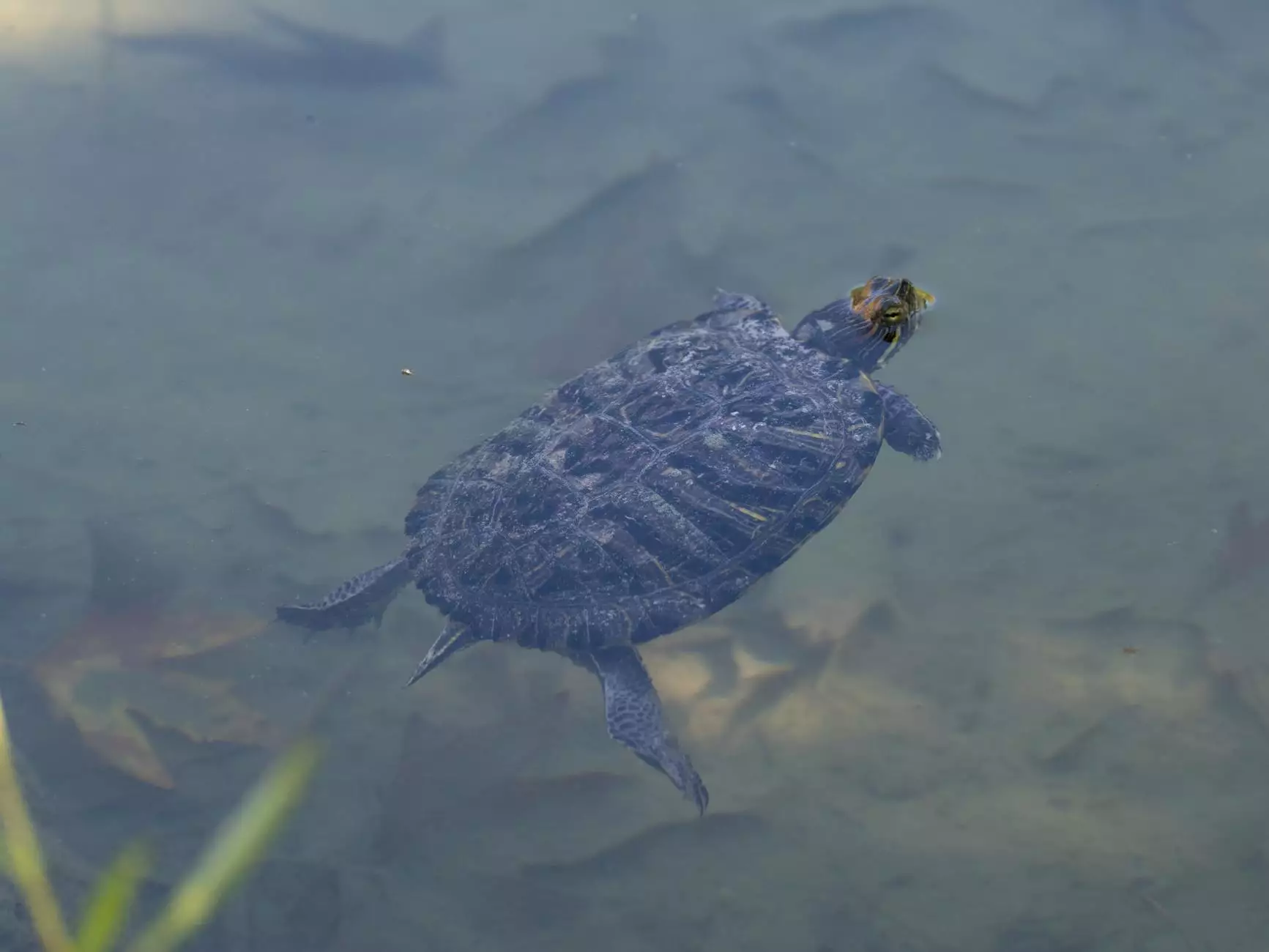Understanding Pet Tortoises: The Ultimate Guide

When it comes to choosing a pet, many people might immediately think of dogs or cats. However, for those looking for an exotic and unique companion, pet tortoises can be an excellent choice. These fascinating creatures not only require specific care and attention but also bring a distinct charm to your home. This article aims to explore everything there is to know about pet tortoises, including adoption, breeding, and caring for these incredible reptiles.
1. The Appeal of Pet Tortoises
Pet tortoises are captivating animals with a variety of species available for adoption. They are known for their:
- Long Lifespan: Many species of tortoises can live for over 50 years!
- Low Maintenance: Compared to dogs and cats, tortoises are generally easier to care for.
- Unique Personalities: Each tortoise has its own temperament and quirks.
- Educational Value: Caring for a tortoise can teach responsibility, biology, and ecology.
2. Choosing the Right Pet Tortoise
Before adopting a pet tortoise, it’s crucial to understand the different species available and their specific needs. Here are some popular types:
2.1. Sulcata Tortoise
The Sulcata tortoise, also known as the African spurred tortoise, is one of the largest species suitable for captivity. They are known for their hardiness and ability to thrive in various environments.
2.2. Russian Tortoise
Russian tortoises are a smaller species, making them better suited for indoor living. They are active and can be very friendly, often responding well to their owners.
2.3. Mediterranean Tortoise
This species, including the Hermann's and Marginated tortoises, is known for its compact size and beautiful shell patterns. They enjoy outdoor habitats but can adapt to indoor living if the right conditions are met.
3. Pet Adoption: Where to Get Tortoises
If you're ready to add a tortoise to your family, knowing where to adopt is vital. Here are some options:
3.1. Local Reptile Shops
Visiting a reputable reptile shop can provide you with healthy pet tortoises and expert advice on care and maintenance. Be sure to ask about their sourcing and the tortoises' health history.
3.2. Pet Breeders
Reputable breeders can offer a variety of species and are likely to have a good knowledge of the specific needs of the tortoises they breed. When choosing a breeder, look for certification and a solid reputation within the reptile community.
3.3. Animal Shelters and Rescue Groups
Many tortoises in need of homes end up in shelters or through rescue organizations. Adopting from these sources can give a tortoise a second chance, often at a lower cost.
4. Essential Care for Pet Tortoises
Whether you adopt a tortoise from a pet breeder or a rescue, understanding how to care for your new companion is essential for their well-being. Here are some fundamental guidelines:
4.1. Habitat Requirements
Tortoises require specific living conditions that mimic their natural environment:
- Space: A large, secure enclosure is essential. The larger the tortoise, the bigger the enclosure should be.
- Substrate: Use organic materials such as coconut coir or soil to provide a natural feel.
- Temperature: Maintain a basking area of around 90°F, with a cooler end around 70°F.
- Humidity: Some species require higher humidity levels, so investigate your tortoise’s specific needs.
4.2. Diet for Pet Tortoises
Providing a balanced diet is crucial for the health of your pet tortoise:
- Herbivorous Diet: Most tortoises are herbivores and thrive on leafy greens, flowers, and vegetables.
- Commercial Pellets: Specially formulated tortoise pellets can provide essential nutrients.
- Calcium Supplements: Sprinkle calcium powder on their food to aid in shell and bone development.
4.3. Health Monitoring
Regular check-ups with a veterinarian who specializes in reptiles are important. Monitor your tortoise for:
- Changes in Appetite: A decrease in appetite can indicate health issues.
- Shell Problems: Look for signs of shell rot or irregular growth.
- Behavior Changes: Lethargy or changes in normal behavior may require immediate veterinary attention.
5. The Importance of Proper Breeding
Breeding tortoises can be a rewarding experience, but it comes with significant responsibilities. Understanding genetics and the needs of the hatchlings is vital. Here are some aspects to consider:
5.1. Breeding Conditions
Successful breeding requires creating an optimal environment:
- Separate Enclosures: Males and females should be kept separately until breeding.
- Nesting Sites: Provide suitable nesting areas for the female tortoise to lay eggs.
- Temperature and Humidity Control: Maintain the right conditions to encourage egg laying.
5.2. Egg Care and Hatching
Once the eggs are laid, special care is necessary:
- Incubation: Use an incubator to maintain stable temperature and humidity, which is critical for the successful hatching of the eggs.
- Monitoring: Keep a close watch on the eggs for signs of mold or rot.
- Post-Hatch Care: Provide adequate nutrition and a safe environment for the hatchlings.
6. Common Challenges in Tortoise Care
Caring for tortoises can pose unique challenges. Below are some common issues and tips on how to tackle them:
6.1. Shell Health
Maintaining a tortoise’s shell is crucial:
- Shell Rot: This fungal or bacterial infection may require veterinary intervention.
- Improper Diet: A diet lacking in calcium can lead to shell deformities.
6.2. Behavior Issues
Understanding and addressing behavioral problems is key:
- Aggression: Some tortoises may display aggression. Ensure proper socialization and habitat space.
- Laziness: Tortoises are naturally inquisitive. Providing enrichment can help prevent boredom.
7. Conclusion
Owning pet tortoises can be a wonderful and fulfilling experience. They are not just pets; they are companions that require dedication, care, and knowledge. Whether you're adopting a tortoise from a reputable breeder or a rescue organization, understanding their needs and behaviors is critical to their care. By giving them a proper habitat, a nutritious diet, and regular veterinary check-ups, you can ensure that your tortoise lives a long, healthy, and happy life.
To sum up, tortoises are remarkable creatures that can thrive as pets given the right care and attention. For more resources on adopting, breeding, or caring for pet tortoises, be sure to browse websites like buyreptilesaus.com where you can find reputable breeders, reptile shops, and adoption opportunities.









